Cantons threaten rebellion against Swiss mini-lockdown plans

The government’s threat to impose more country-wide restrictions to combat the pandemic have further exposed divisions between Swiss cantons and drawn an angry response from some business leaders.
French-speaking cantons, where infections are coming under control, have reacted angrily to Tuesday’s announcement and are teaming up to apparently oppose the government.
On Tuesday, the government announced semi-lockdown plans as new Covid-19 infections cases start to rise again in Switzerland. The three-pillar plan would force shops, restaurants and leisure facilities to close after 7pm and limit private gatherings to five people.
Ministers are concerned that the second Covid-19 wave is getting out of control. They are consulting with cantons before making a final decision on Friday but look set on introducing the tougher measures from December 12 to January 20.
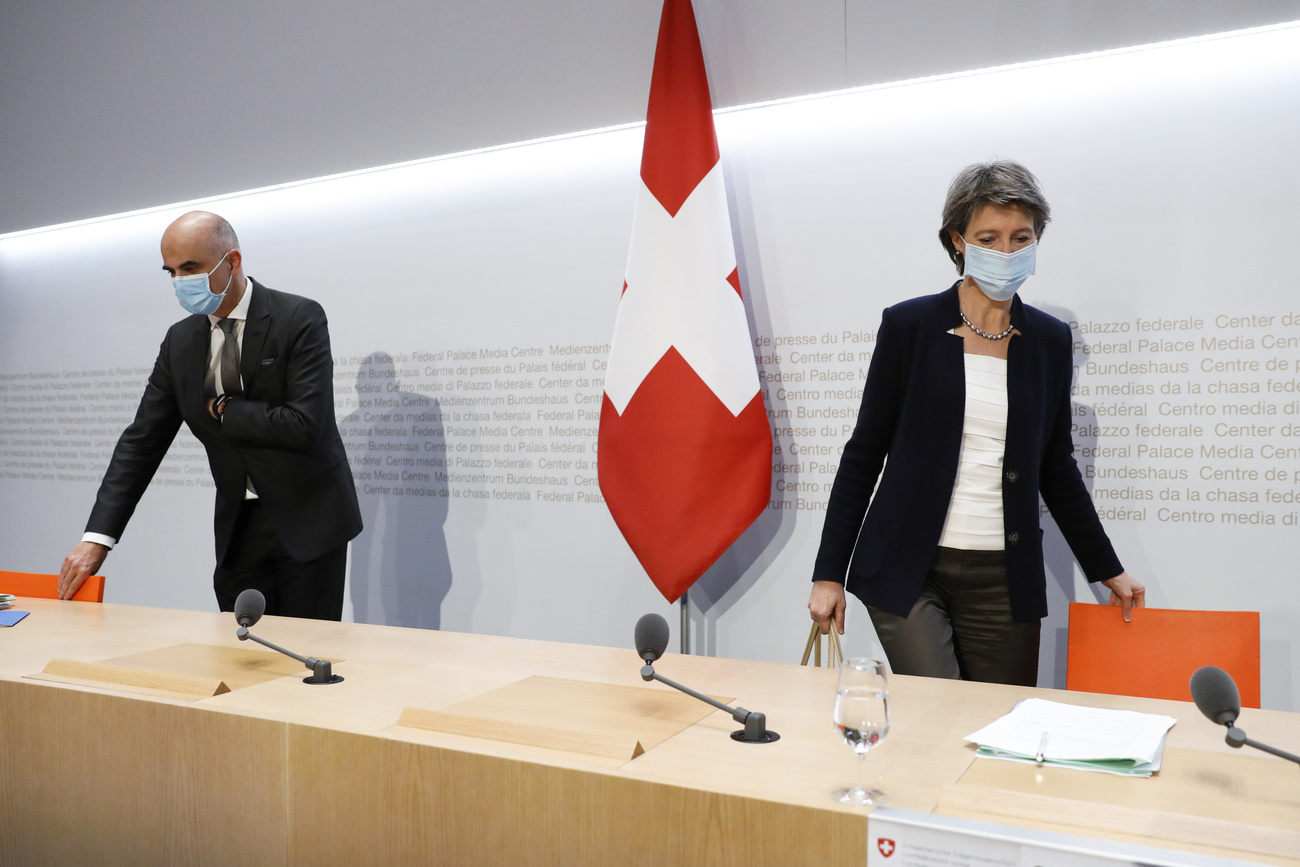
More
Swiss government plans nationwide Covid-19 restrictions
The announcement came after new infections rose by 4,262 on Tuesday to a total of 354,568 since the beginning of the pandemic. The death toll rose on Tuesday to a total of 5,527. But the rate of deaths and infections is not evenly spread around Switzerland – the French-speaking region has things under greater control than German-speaking cantons.
This has been attributed to some cantons enforcing their own mini-lockdowns, which they are now starting to ease as the number of infections in their regions falls.
Speaking to Swiss public broadcaster RTS, Geneva State Councillor Mauro Poggia could not disguise his frustration at his region facing the same restrictions as worse-hit cantons. “It’s disrespectful towards the French-speaking cantons,” he said.
His comments were echoed by Fribourg economic minister Olivier Curty. “The trend in French-speaking cantons is to reduce measures,” he said. “For the Confederation to introduce much more restrictive measures into a consultation is a problem for us and a big concern.”
Jacques Gerber, economics minister for canton Jura, said that a number of cantons had worked through the night to prepare a joint rebuke against the government’s plans. “The announcements made by the Federal Council were a surprise and irritated all cantonal governments in western Switzerland,” he told the canton’s parliament. “This is the first time since the beginning of this crisis that the Federal Council has presented us with a fait accompli by going public before consulting cantons.”
Politicians in canton Valais have also spoken out against the government announcement, calling it “radical”, “scandalous” and “disorderly”.
The complaints reveal strains on Switzerland’s federal system of politics that devolves many powers to individual cantons. When the pandemic first struck, the government evoked emergency powers to centralise decision making, but gave powers back to the cantons in the summer.
Health Minister Alain Berset has repeatedly expressed frustration that some cantons are not doing enough to contain the pandemic. Now the government is proposing to enforce country-wide measures while stating that it does not need to officially trigger emergency powers again.
The reaction from the main political parties has also been divided, with centre and left-leaning parties supporting the proposals while parties to the right have sounded off criticism.
Hotellerie Suisse President Andreas Züllig is also concerned about the new announcements from Bern. “If we are forced to close restaurants at 7pm then they might as well close completely, even if the government has not ordered it. The basic requirements for running a business are no longer there,” he told Swiss public broadcaster SRF.
The trade union Unia has called on the government to produce evidence that eateries and shops are hotpots for infections.

More
Coronavirus: the situation in Switzerland

In compliance with the JTI standards
More: SWI swissinfo.ch certified by the Journalism Trust Initiative









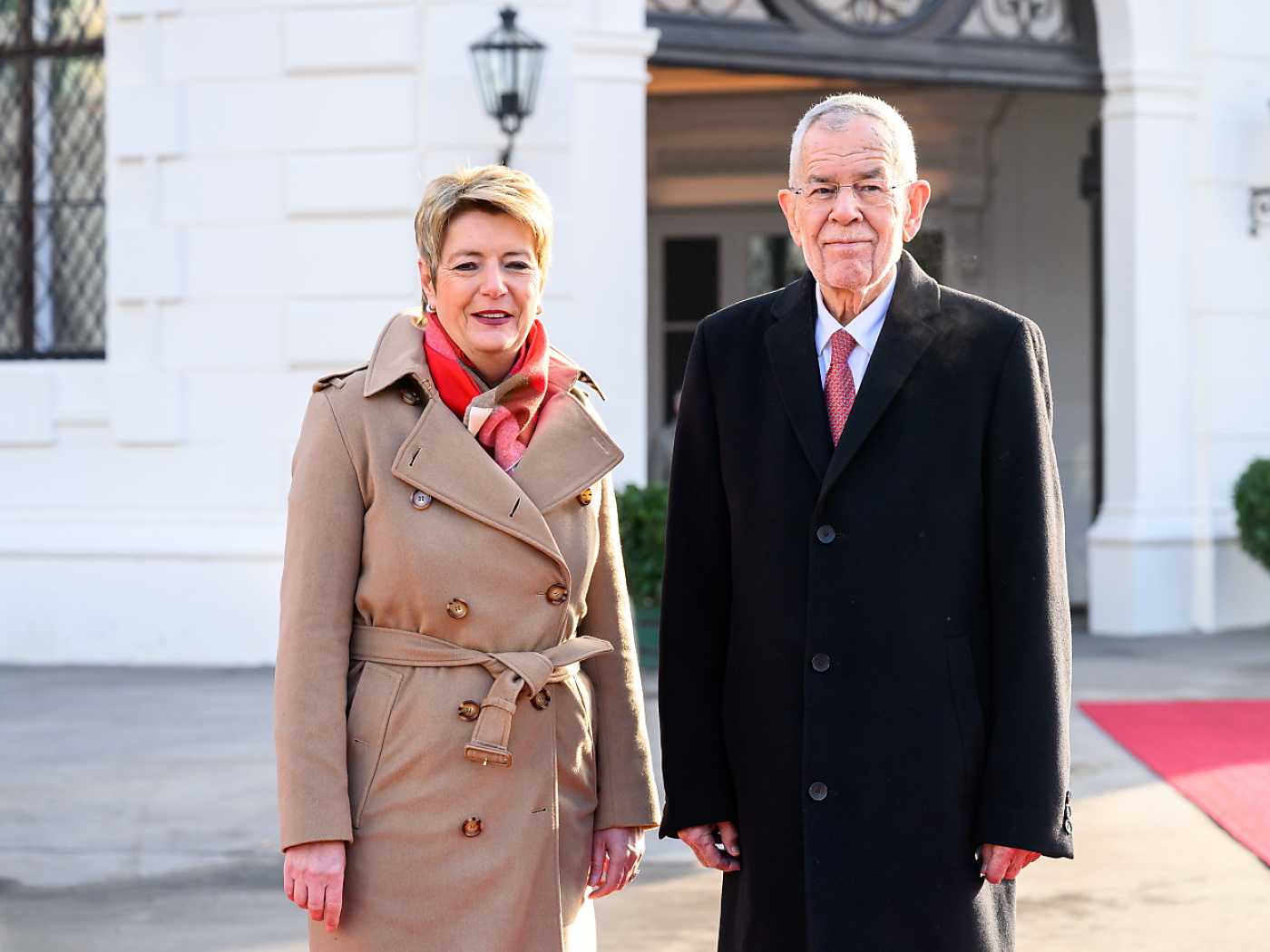


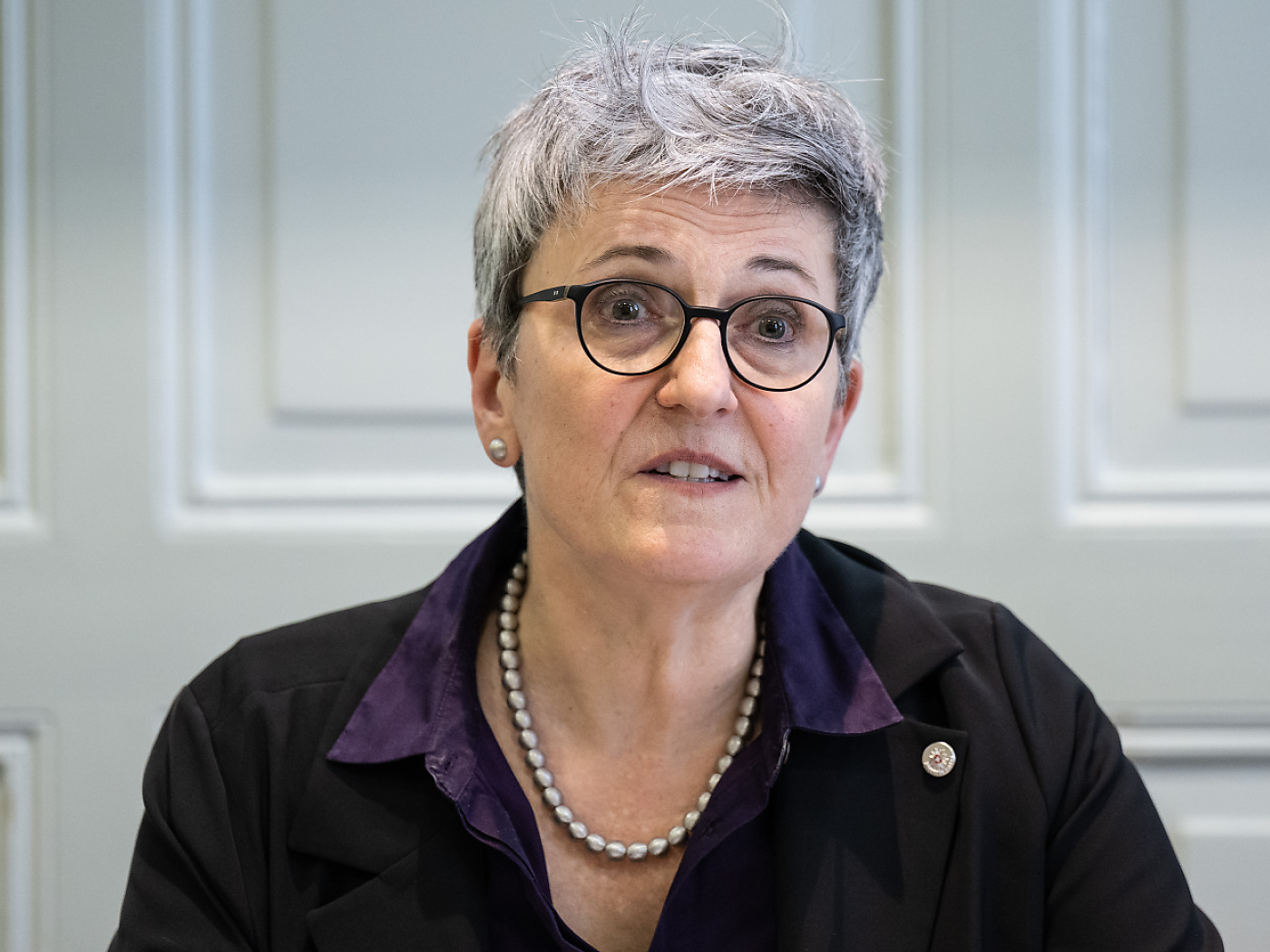



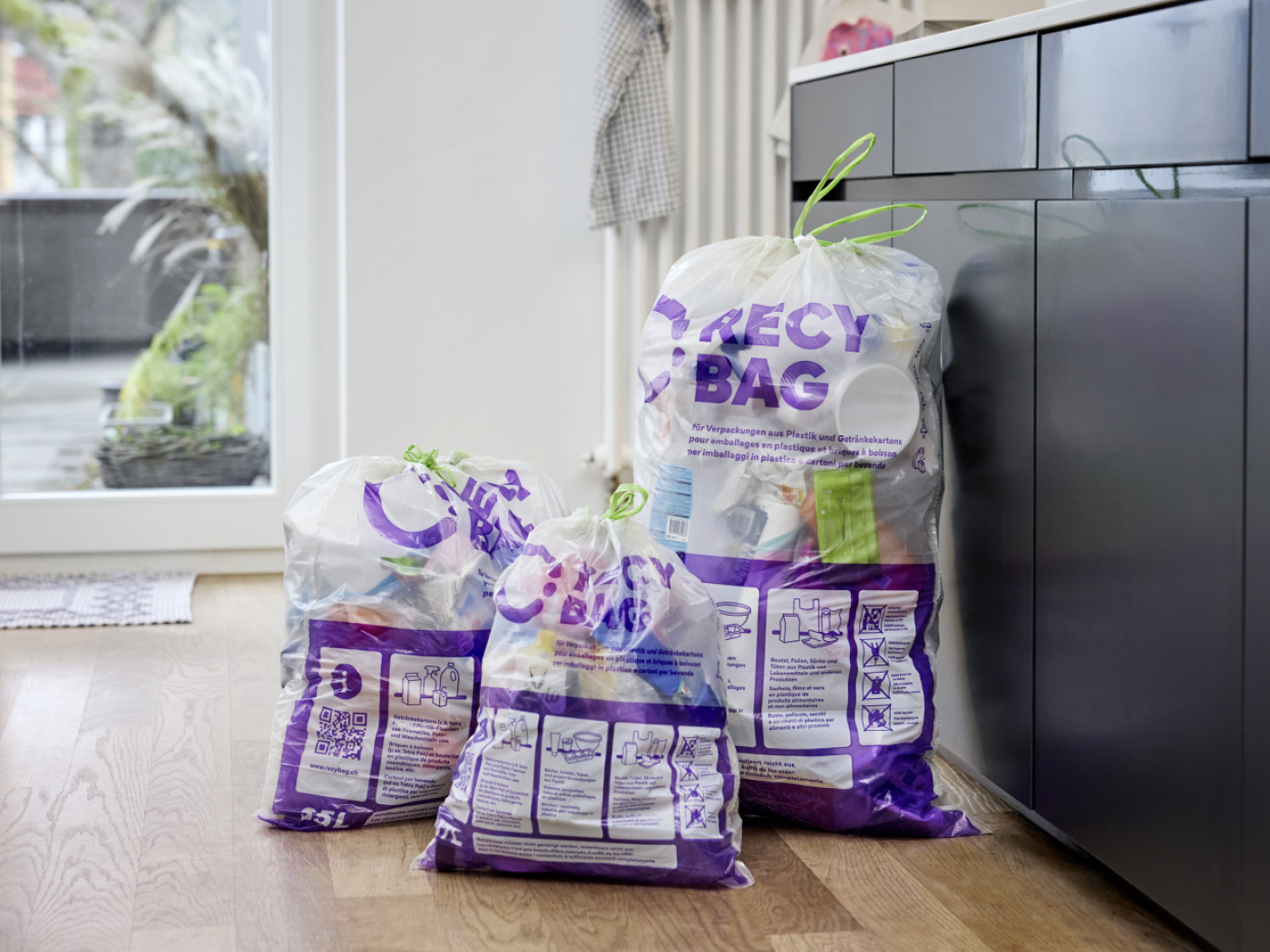
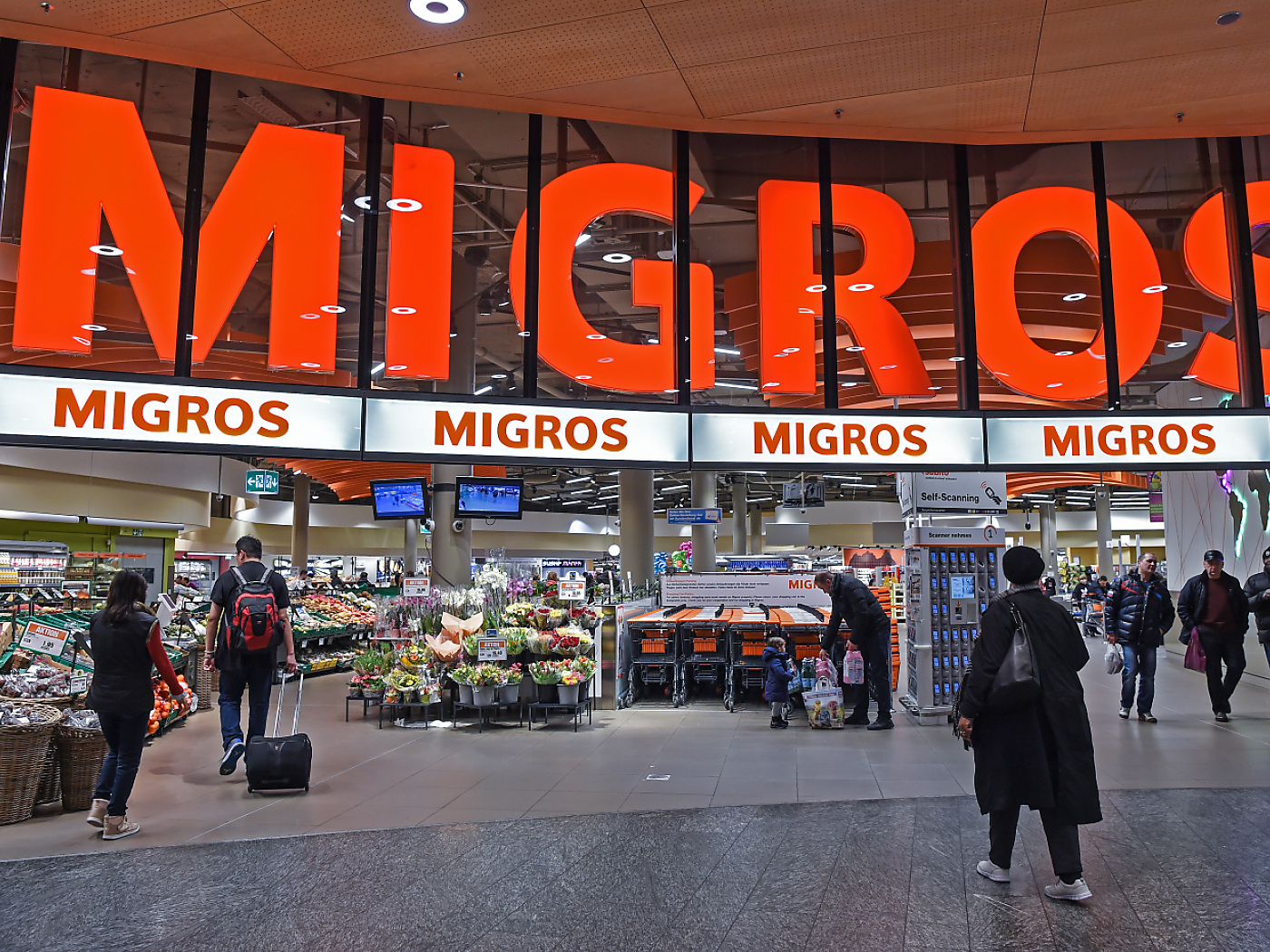
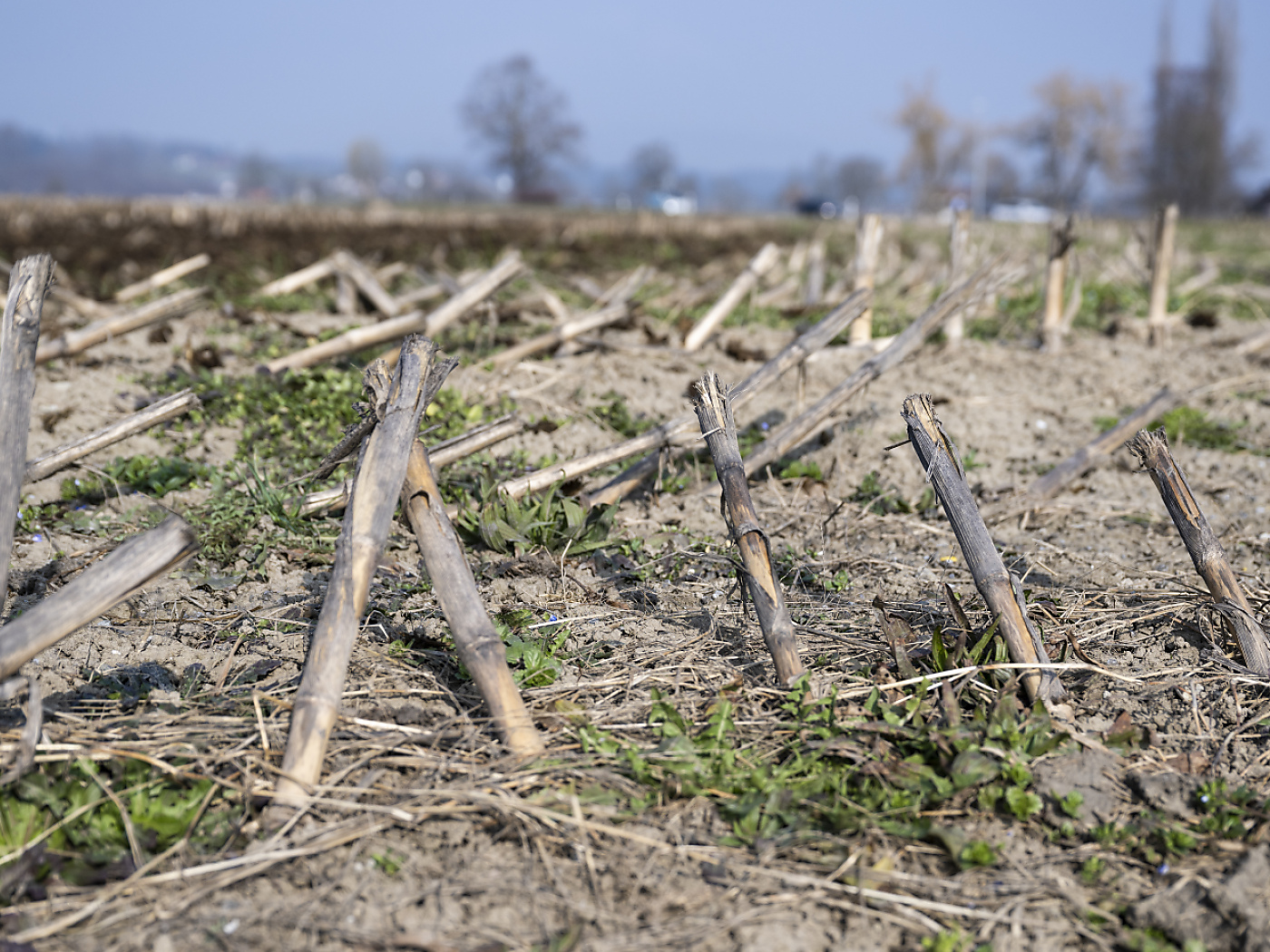


You can find an overview of ongoing debates with our journalists here . Please join us!
If you want to start a conversation about a topic raised in this article or want to report factual errors, email us at english@swissinfo.ch.